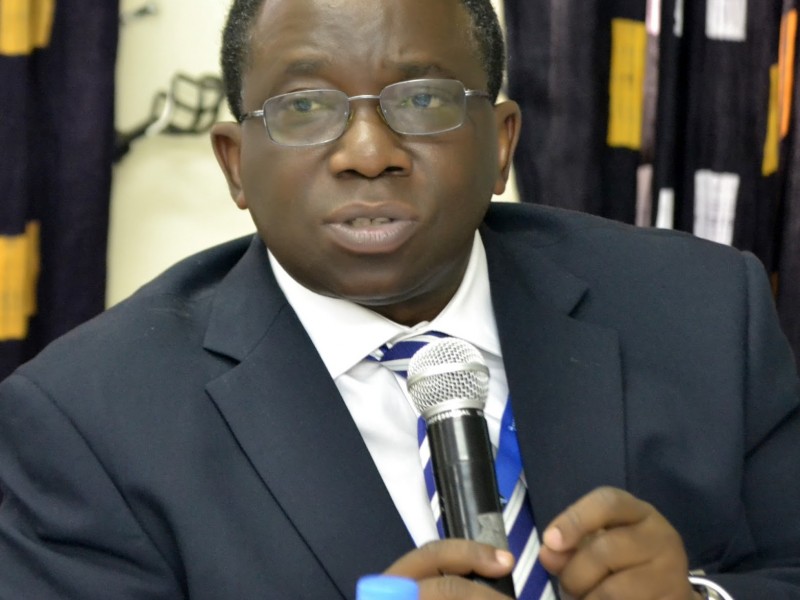Nigeria has inaugurated a e-Health Steering Committee to bring up strategies to address the challenges facing the health sector.
The national e-Health structure is to coordinate, guide and monitor e-Health implementations, including setting rules, policies, guidelines and standards to guide stakeholders.
Health minister, Isaac Adewole inaugurated the committee expected to address some of the challenges which included data collection and management, human resource and universal health coverage.
Adewole said the government was intervening to address these problems through multipronged approaches despite limited resources.
The minister explained that Information and Communication Technology would be deployed to help mitigate some of these challenges.
‘’We see technology playing a critical role in achieving government’s target of making 10,000 Primary Healthcare Centres functional across the country in the next 2 years.’’
Adewole observed that the rapid growth and penetration of ICT has ushered in a proliferation of technology applications in every sector of our lives, including the health sector.
He stressed that without appropriate guidance and coordination, technology can become an inhibitor rather than an enabler.
“The world is changing, and we cannot afford to lag behind; let’s take a giant step forward to transform our health sector; and let’s use ICT to advance telemedicine.
“We can achieve this, we have the resources, and we have all it takes,’’ he emphasized.
He expressed concern over the proliferation of technology application and lack of coordination which if not checked could further stifle health system.
The basic unwanted challenges are duplication of efforts, wastage and inefficient use of lean resources.
The Minister of Communication, Mr Abdur-Raheem Shittu, who spoke at the inauguration, recalled that in January 2013, the government launched an initiative, “ICT for Saving One Million Lives’’.
He said it was to promote a result based approach to tackling the challenges Nigeria face in delivering health care services.
He noted that the National e-Health Strategic Framework provides a vision and guide for alignment of current investments in technology within the health sector.
It is fashioned to spur a digitalised health system that will help Nigeria achieve Universal Health Coverage by 2020.












